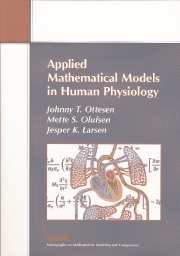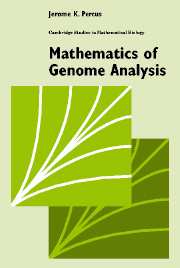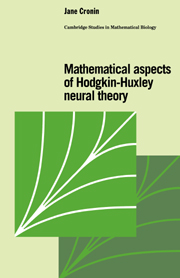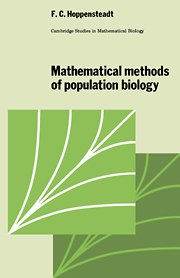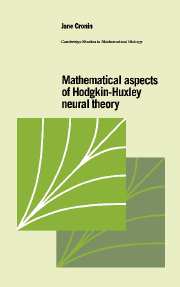Applied Mathematical Models in Human Physiology
This book introduces mathematicians to real applications from physiology. Using mathematics to analyze physiological systems, the authors discuss models reflecting current research in cardiovascular and pulmonary physiology. In particular, they present models describing blood flow in the heart and the cardiovascular system, as well as the transport of oxygen and carbon dioxide through the respiratory system and a model for baroreceptor regulation. This is the only book available that analyzes up-to-date models of the physiological system at several levels of detail; both simple 'real-time' models that can be directly used in larger systems, and more detailed 'reference' models that show the underlying physiological mechanisms and provide parameters for and validation of simpler models. The book also covers two-dimensional modeling of the fluid dynamics in the heart and its ability to pump, and includes a discussion of modeling wave-propagation throughout the systemic arteries.
- Serves as an excellent introduction for researchers in the study of blood flow in the heart
- Can also be used as a source of case studies for graduate students in the areas of mathematical biology or biomedical engineering
- Additional contributors are Permille Thorup Adeler, Viggo Andreassen, Tine Guldager Christiansen, Michael Danielsen, Claus Draeby, and Jacob M. Jacobsen
Product details
February 2004Paperback
9780898715392
184 pages
253 × 177 × 16 mm
0.588kg
This item is not supplied by Cambridge University Press in your region. Please contact Soc for Industrial & Applied Mathematics for availability.
Table of Contents
- Preface
- 1. Introduction
- 2. Cardiovascular and pulmonary physiology and anatomy
- 3. Blood flow in the heart
- 4. The ejection effect of the pumping heart
- 5. Modeling flow and pressure in the systemic arteries
- 6. A cardiovascular model
- 7. A baroreceptor model
- 8. Respiration
- Appendices
- Bibliography
- Index.

